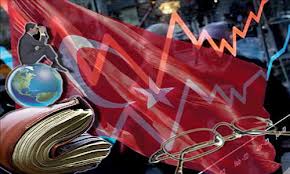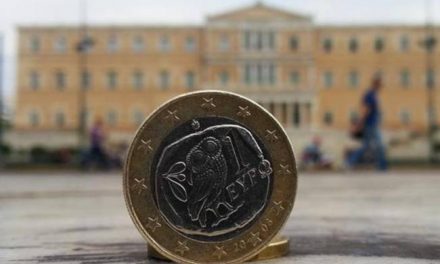The economic effect of sanctions imposed on Turkish goods following Turkey’s downing of a Russian plane in its airspace late last year is likely to surpass $11 billion this year, according to a report by the Turkish Social, Economic and Political Research Foundation (TÜSES) released on Monday.
The shooting down of the jet in late November bore instant repercussions for the Ankara-Moscow relationship, and President Vladimir Putin responded harshly with a number of economic measures against Turkey that are expected to result in major losses.
The bulk of these losses will come from food exports, as well as the tourism, construction, housing and retail sectors. A full 28.5 percent of the country’s fruit, vegetable and white meat exports go to Russia, accounting for around $1 billion, according to the report. Construction projects overseen by Turkish contractors have been canceled, while tour operators are bracing for major losses from one of the sector’s major markets. Sanctions imposed against Turkish food products went into effect on Jan. 1.
While Russia’s imports from Turkey only accounted for 2 percent of its import total, Turkey’s exports to Russia amounted to 10.5 percent of its total exports.
Previously having clinched $3.85 billion in projects in Russia in 2014, the Turkish construction sector faces losing out on as much as $3.5 billion, according to the report. In 2015, 10 percent of homes purchased in Turkey by foreigners were bought by Russians.
The “suitcase trade,” based around Russian wholesale purchases of Turkish textile products, cleared the $7.44 billion mark between January and October 2014, while that figure dropped 34 percent to $4.9 billion last year, and is likely to careen even further in 2016.
Russia accounts for Turkey’s fourth largest source of capital inflow in terms of countries after Spain, the United States and the Netherlands, spiking between 2012 and 2015.



















